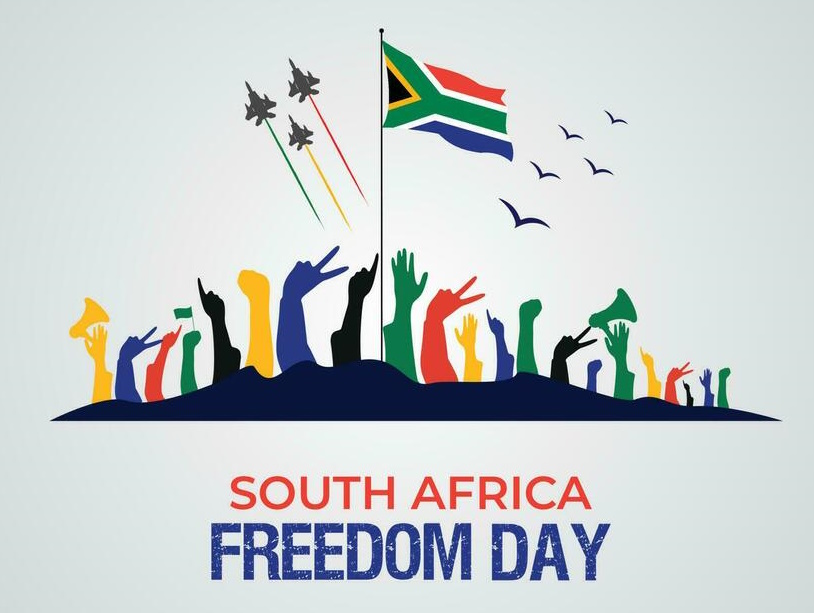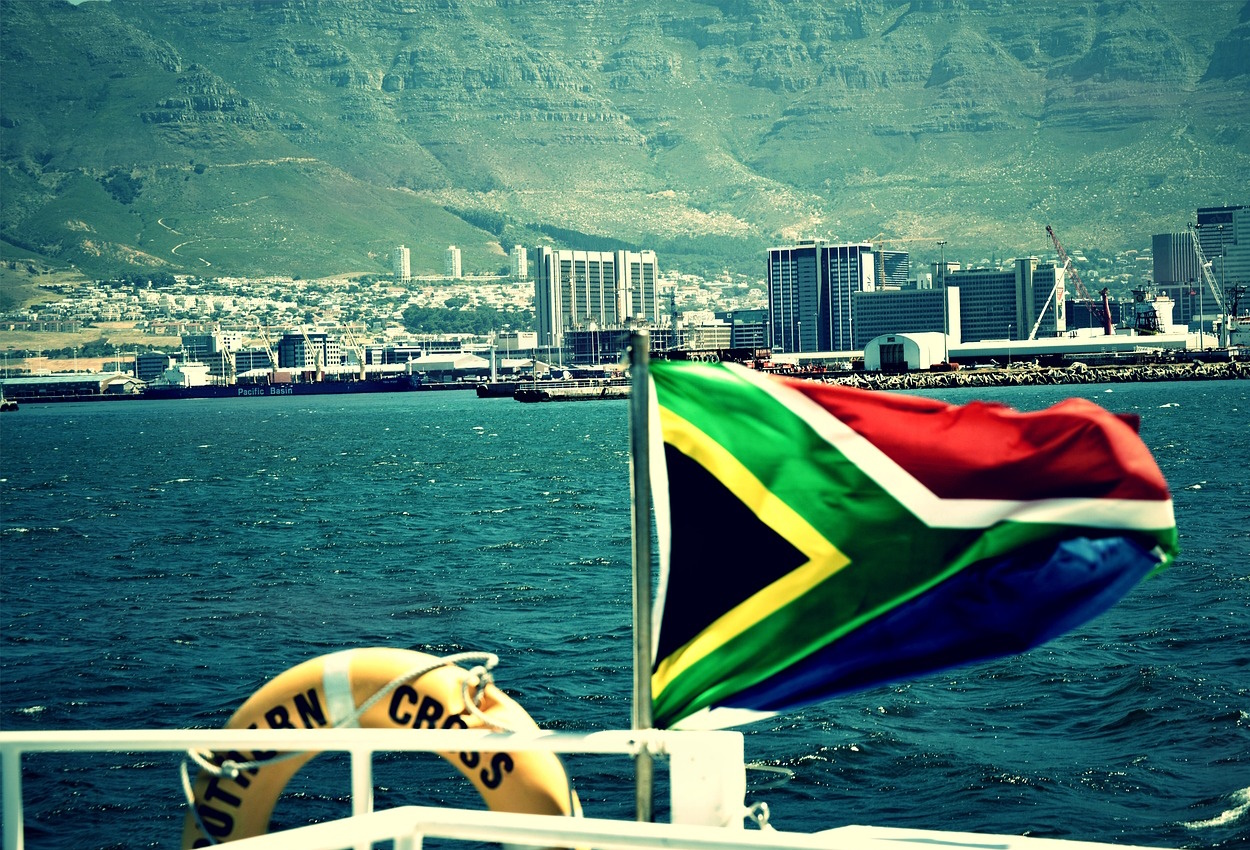April 27th marks a pivotal moment in South African history – Freedom Day. This public holiday commemorates the first democratic elections held in 1994, where citizens of all races were finally able to exercise their right to vote. Freedom Day symbolizes the end of the oppressive apartheid regime and the birth of a democratic South Africa.
Apartheid: A System of Institutionalized Oppression
For decades, South Africa was under the grip of apartheid, a system of racial segregation and discrimination. Apartheid laws dictated every aspect of life, from where people could live to the jobs they could hold. The black majority was systematically oppressed, denied basic human rights, and subjected to violence and injustice.
The Long Road to Freedom

The struggle against apartheid was a long and arduous one, met with brutal resistance by the ruling government. Leaders like Nelson Mandela, Walter Sisulu, and countless others sacrificed their freedom, and in some cases their lives, in the fight for equality. International pressure, boycotts, and sanctions also played a crucial role in weakening the apartheid system.
1994: The First Democratic Elections
In 1990, Nelson Mandela was released after 27 years of imprisonment, marking a turning point in South Africa’s history. Negotiations began to dismantle apartheid and pave the way for democratic elections. On April 27th, 1994, South Africans of all races stood in long lines to cast their ballots, an act of defiance and hope that resonated around the world. The African National Congress (ANC) won the elections, with Nelson Mandela becoming the first black president of South Africa.
The Significance of Freedom Day
Freedom Day is more than just a historical anniversary. It’s a day to reflect on South Africa’s journey from oppression to democracy. It’s a chance to honor the bravery of those who fought against apartheid, and to acknowledge the ongoing work needed to build a truly just and equitable society.
How Freedom Day is Celebrated
Freedom Day is celebrated across South Africa with parades, speeches, cultural performances, and community gatherings. The President of South Africa typically delivers a keynote address, reflecting on the progress made and challenges yet to overcome. It’s a day for South Africans to come together and reaffirm their commitment to the values of democracy, freedom, and human rights.
Challenges and Triumphs
South Africa has made significant strides since the end of apartheid, but the legacy of inequality lingers. Poverty, unemployment, and social disparities persist. However, South Africa remains a beacon of hope, demonstrating the power of resilience and determination to overcome even the most entrenched systems of oppression.
Let Freedom Day serve as a reminder that the fight for justice and equality is a continuous one. Let us honor those who sacrificed so much, and work towards a future where all South Africans enjoy the true fruits of freedom.
